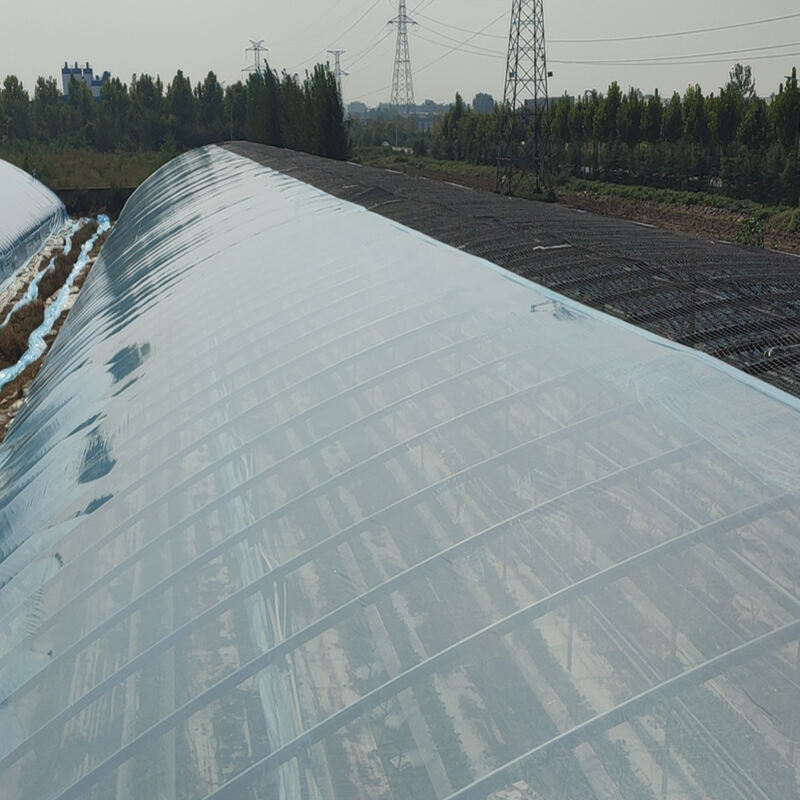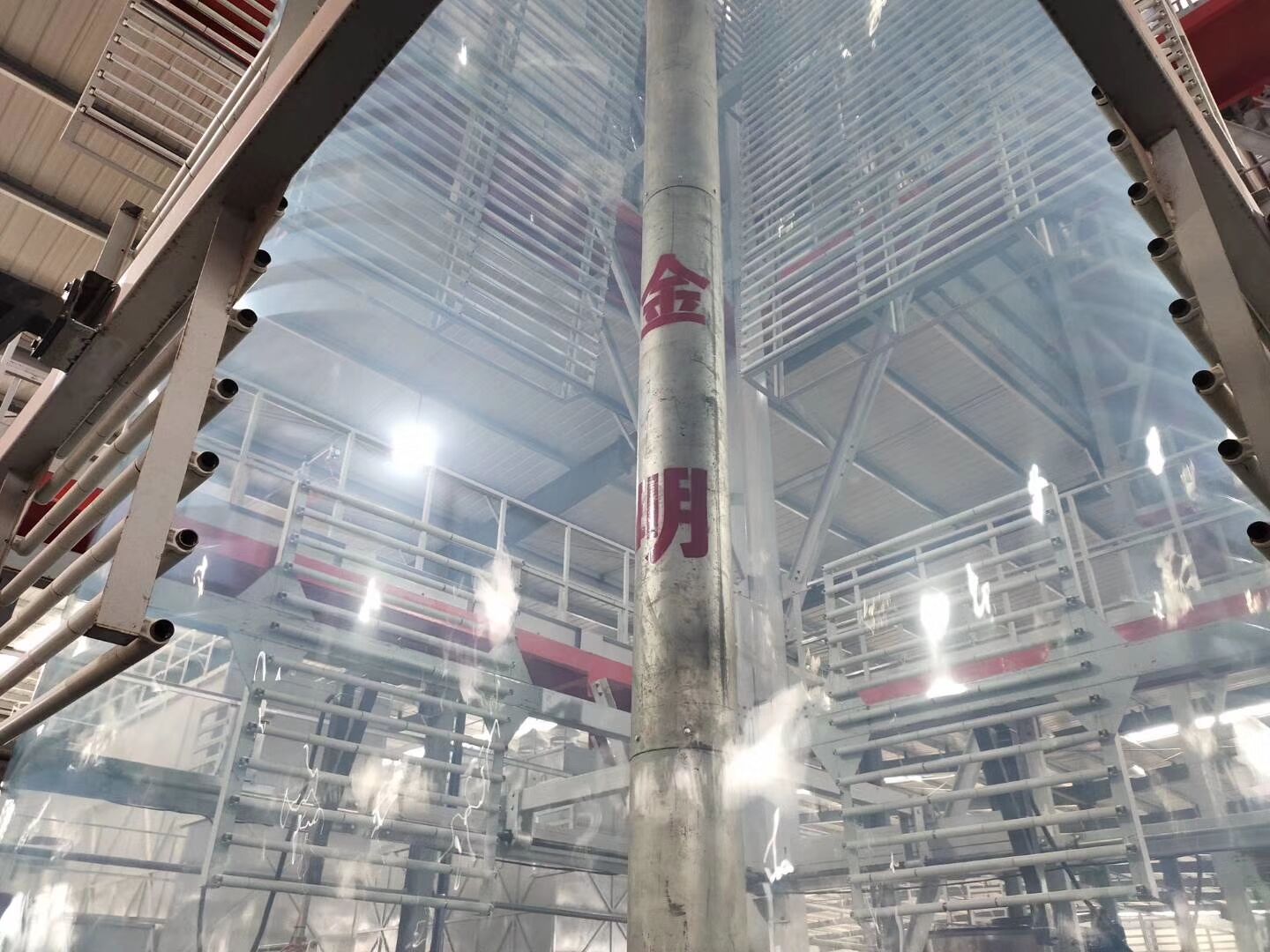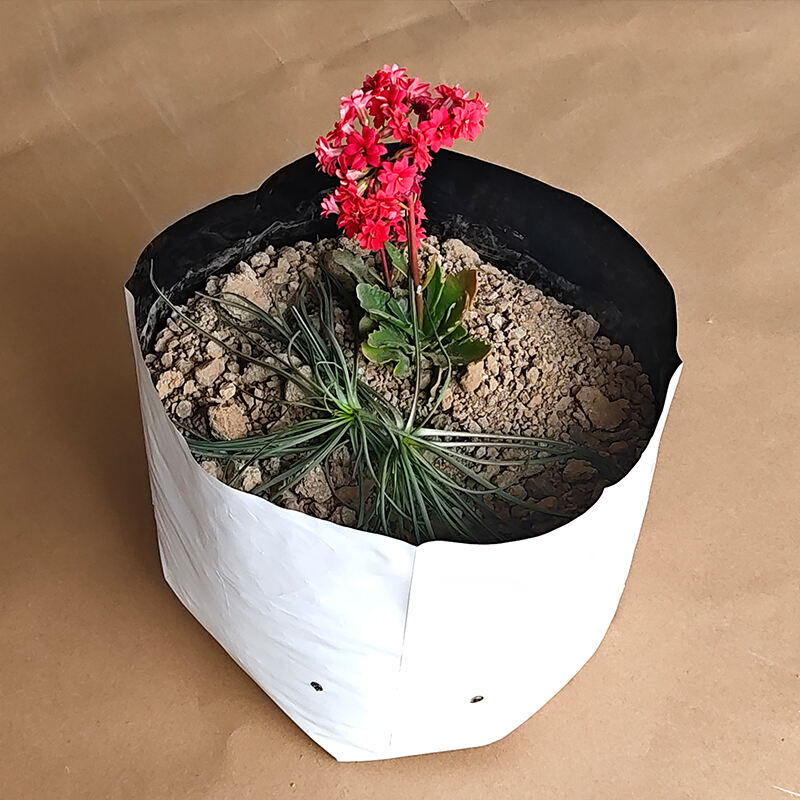biodegradable agricultural film
Biodegradable agricultural film represents a revolutionary advancement in modern farming practices, offering an environmentally conscious solution to traditional plastic mulch films. This innovative material is specifically engineered to perform all essential agricultural functions while naturally decomposing into non-toxic compounds after its intended use. The film is manufactured using sustainable materials such as polylactic acid (PLA), starch-based polymers, and other eco-friendly compounds that ensure complete biodegradation. When applied, it effectively maintains soil moisture, regulates soil temperature, and suppresses weed growth, contributing to optimal growing conditions for crops. The technology behind biodegradable agricultural film allows for customized degradation timing, matching specific crop cycles and regional climate conditions. Its structure provides excellent mechanical properties during the growing season, including appropriate elasticity and tensile strength, while ensuring consistent degradation once its primary function is fulfilled. The film's applications span across various agricultural sectors, from greenhouse cultivation to open-field farming, supporting both small-scale and industrial agricultural operations. It proves particularly effective in vegetable production, fruit farming, and specialized crop cultivation where soil condition management is crucial.


